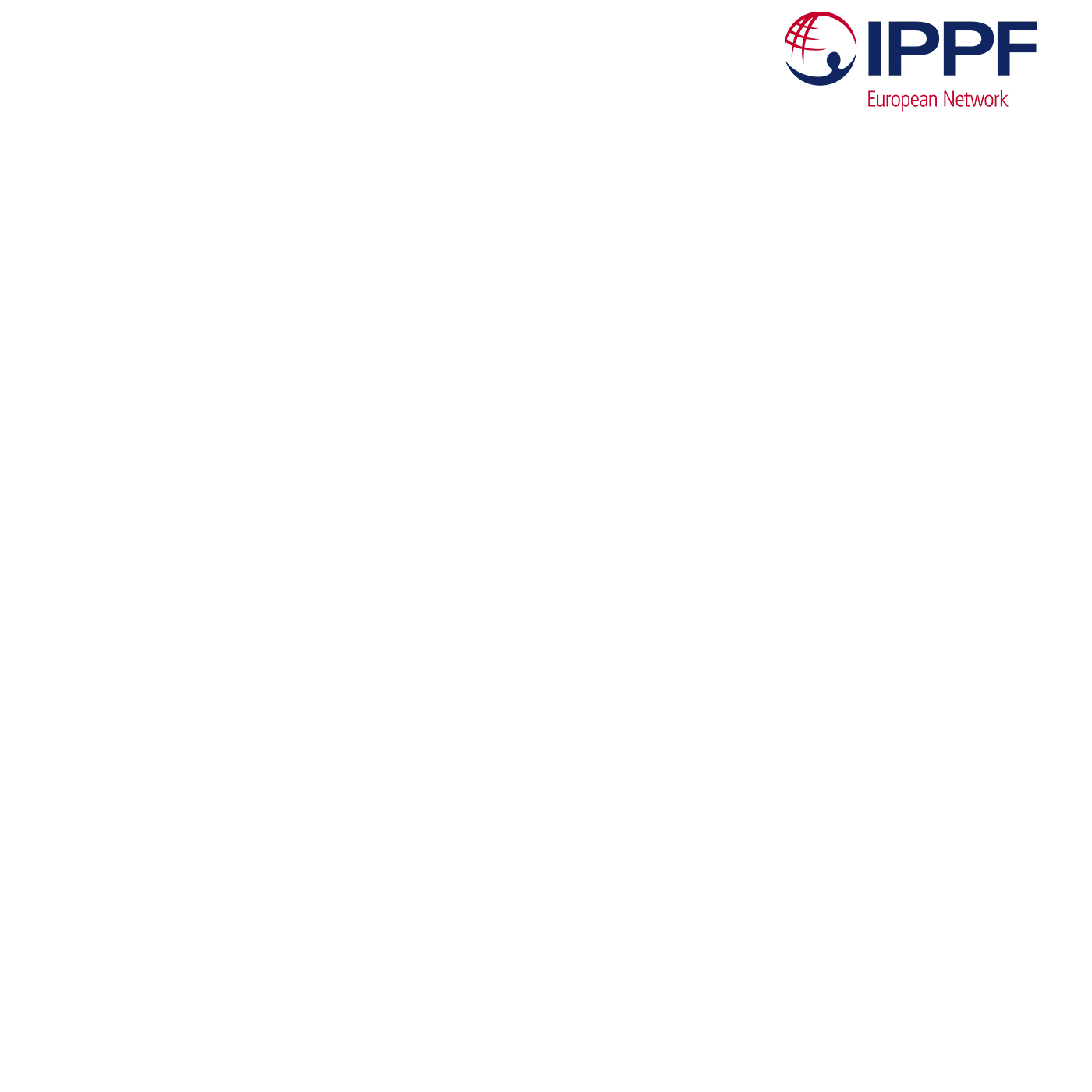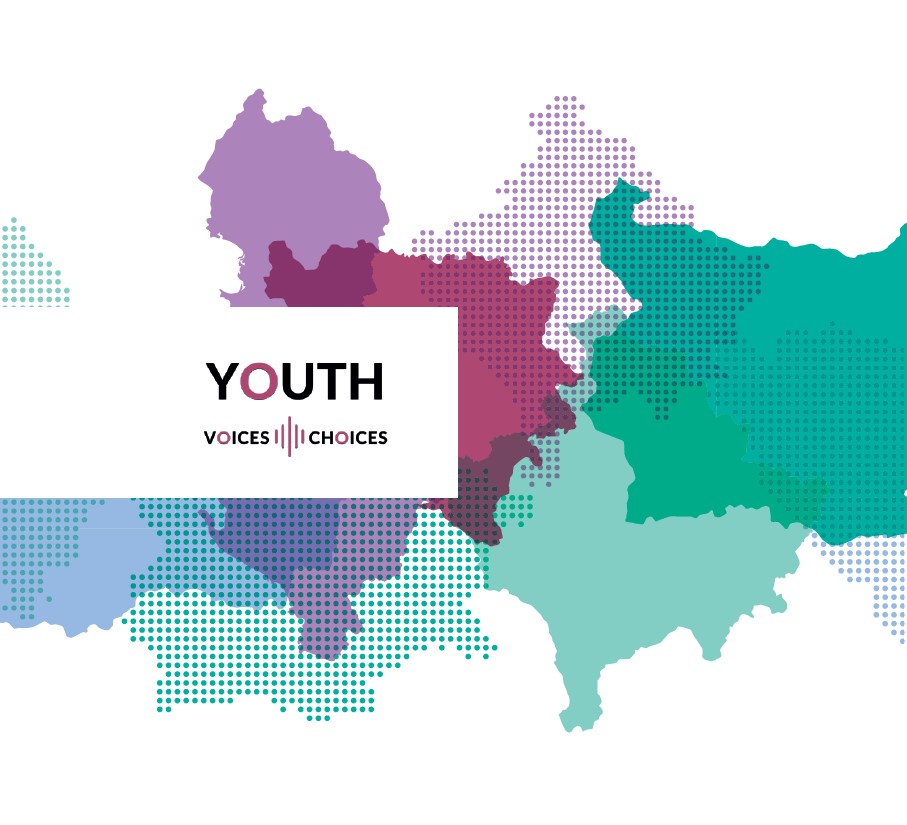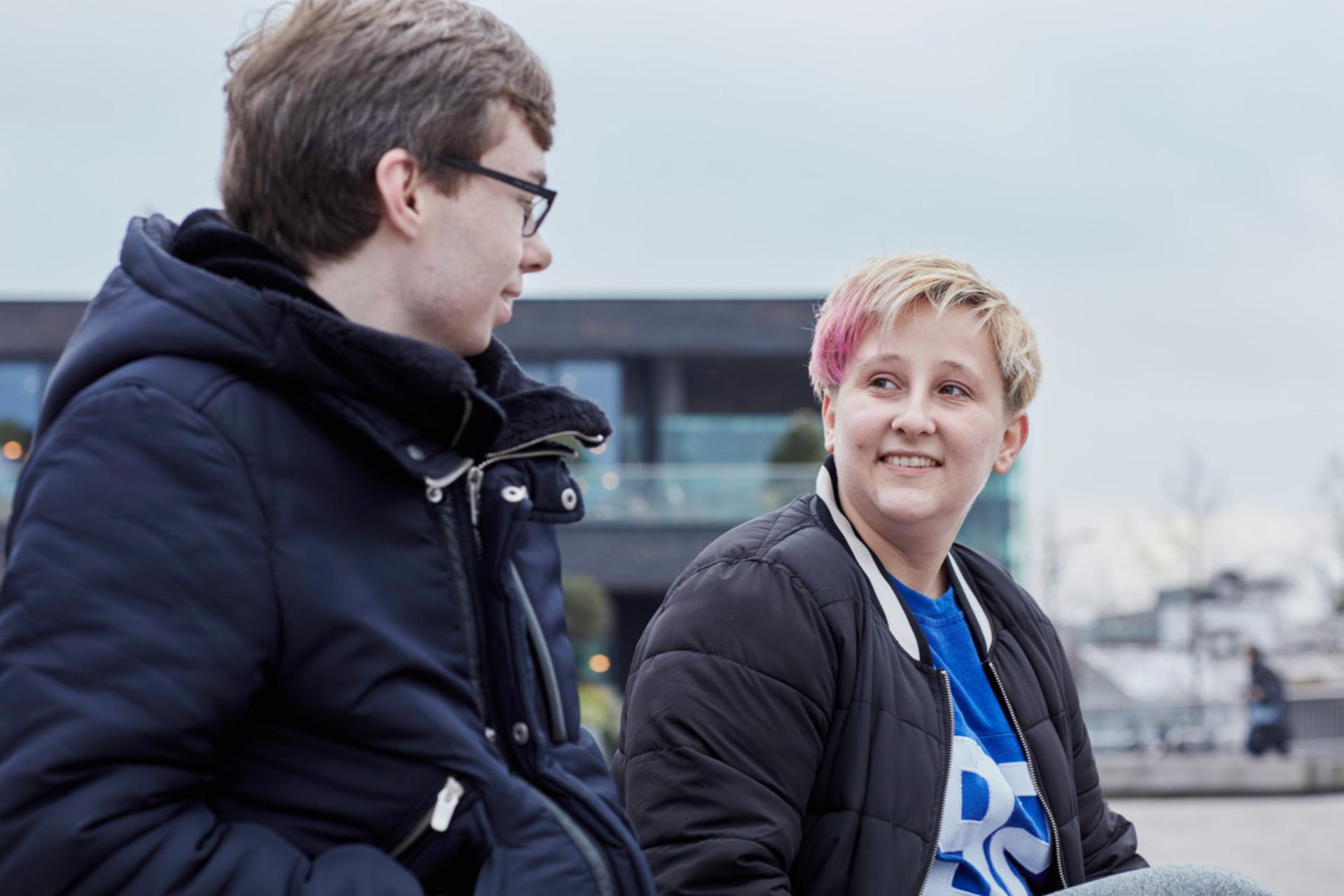Spotlight
A selection of resources from across the Federation

2022 IPPF EN Annual Report
Download our Annual Report to read about our activities and achievements in 2022.
Filter our resources by:


| 26 June 2020
Access to abortion care underpins women and girls' reproductive health
Access to abortion care underpins women and girls’ reproductive health. And yet around Europe and Central Asia, they are faced with obstacles that threaten their safety, dignity and freedom. Governments and the international community should work to safeguard the right of women and girls to lead free and safe reproductive lives without discrimination and coercion.

| 25 May 2020
A Guide for Europe: Protecting the rights of women and girls in times of the COVID-19 pandemic and its aftermath
The COVID-19 pandemic is exacerbating gender inequalities and increasing levels of discrimination, insecurity and violence for women across Europe. A Guide for Europe: Protecting the rights of women and girls in times of the COVID-19 pandemic and its aftermath provides governments with a roadmap for taking necessary measures to protect the rights of women and girls, who are disproportionately affected by the pandemic, especially those experiencing intersecting and persistent forms of discrimination. European decision-makers must seize this moment to address both the immediate and long-term impact of the pandemic by implementing policies and other steps to eliminate further injustices and inequalities. Any short-, medium- or long-term measures taken to respond to the COVID-19 pandemic must uphold and protect human rights. Civil society organizations are calling for a recovery period that will deliver a shared vision of the future of Europe which is based on a just, feminist, sustainable, democratic and inclusive society. States must refrain from exploiting the pandemic to consolidate authoritarian power, to weaken democracy and the rule of law, or to trample on human rights. States must ensure that their responses include a gender-sensitive and intersectional approach in order to guarantee the rights of all women and girls to live free of discrimination and violence, and to access the essential sexual and reproductive health services they need. This briefing was drafted together with Amnesty International and Women's Link Worldwide.

| 13 May 2020
How to address the impact of COVID-19 on women, girls and vulnerable groups and their sexual and reproductive safety
The COVID-19 pandemic and its consequences are having a significant impact on people’s lives. The crisis risks exacerbating already existing inequalities for women, girls, underserved and vulnerable groups. It is notably endangering their sexual and reproductive health and safety. The EU and its Member States must tackle these renewed threats to women’s human rights, sexual and reproductive health and rights (SRHR), gender equality as well as increased risks of domestic and sexual and gender-based violence, in their domestic and global response to the COVID-19 crisis. Read our asks towards the EU and Member States on how to safeguard reproductive freedom in their responses to COVID-19. EU leaders have committed to placing solidarity, resilience and sustainability at the heart of their response to the pandemic. To achieve this, they must protect the health and safety of those at greatest risk. This is our letter to them.

| 28 April 2020
Reaction to the Gender Equality Strategy 2020-2025 with a focus on sexual and reproductive health and rights
A joint reaction from IPPF EN, the Center for Reproductive Rights, End FGM European Network, with the support of the European Women's Lobby. We welcome the publication of the Gender Equality Strategy 2020-2025 by the European Commission. The adoption of this Strategy shows the political leadership and commitment of the Commission to promote gender equality within and outside the EU, with important objectives and actions for the next 5 years. As civil society organisations (CSOs) committed to advancing gender equality and sexual and reproductive health and rights (SRHR) in the EU and globally, we would like to make suggestions on how the Strategy can effectively promote and support the realisation of SRHR in the EU, as this is a precondition to the achievement of gender equality. This will be particularly essential in the context of the current COVID-19 pandemic, as we are already observing renewed threats to women’s human rights, SRHR and increased risks of gender-based violence. These challenges will require the adoption of targeted and specific responses and actions by the EU and Member States. We stand ready to share information and ideas about these new challenges and how they can be addressed. To read our full reaction, please see the above document.

| 24 April 2020
Women and girls left without care: a snapshot in time during COVID-19
COVID-19 is endangering the sexual and reproductive health and safety of women and girls and vulnerable people across Europe. They are left without access to essential medical services such as contraception and abortion care, HIV and STI testing and reproductive cancer screenings, and respectful maternal healthcare. The huge reduction in these services is putting lives, health and wellbeing at risk, particularly those of vulnerable groups whose only access may be through subsidised services provided by civil society. Gender-based violence has surged, with lockdown making it harder to provide support and shelter to women desperately in need of it. This report has been compiled by IPPF EN and EPF from surveys that were conducted with their respective stakeholders on the impact of COVID-19 on the sexual and reproductive health and rights of people, particularly women and girls, in Europe, and on Europe’s international cooperation on sexual and reproductive health and rights (SRHR). The content of the report derives from what stakeholders in different countries reported as the situation in their country at the time of reporting – early April - and thus aims to provide an overall ‘snapshot in time’ of what was clearly already a significant effect of the pandemic on SRHR. However, the situation is highly dynamic and evolving daily, so be aware some of the situations reported may already have changed. We will be producing new information as data comes in, but in the meantime, we hope you find this a useful overview of the current context.

| 09 January 2020
The IPPF EN partner survey: Abortion legislation and its implementation in Europe and Central Asia
The Survey looks at the relevant legislation on abortion care in 42 countries, but crucially it also explores how these laws are interpreted by providers and experienced by women and girls. It is designed to provide an overview of women’s and girls’ experience around accessing abortion care, to highlight current threats to their reproductive health and rights, to identify ‘best-fit’ practices and to stimulate further debate and research. The Survey is not a research paper, but rather a synthesis of the expertise and understanding of our Members and Partners working in the field and serving women every day. The report begins by situating abortion care as an essential component of women’s reproductive health, as defined within the broader framework of international human rights law, specifically the Right to the Highest Attainable Standard of Physical and Mental Health. It then examines to what extent current provision within national borders aligns with or deviates from state obligations to care for and value equally women and girls. It covers four key areas: the criminalisation of abortion; the various grounds available to women and girls to access abortion care and the time limits imposed thereon; the additional institutional and procedural hurdles to abortion care; and finally, the significant financial burden inflicted on women and girls when accessing care across the region. For each section, the ‘best’ and ‘worst’ country scenarios have been referenced to highlight how differently a particular barrier to care might be implemented and then experienced by women and girls across Europe and Central Asia.
















